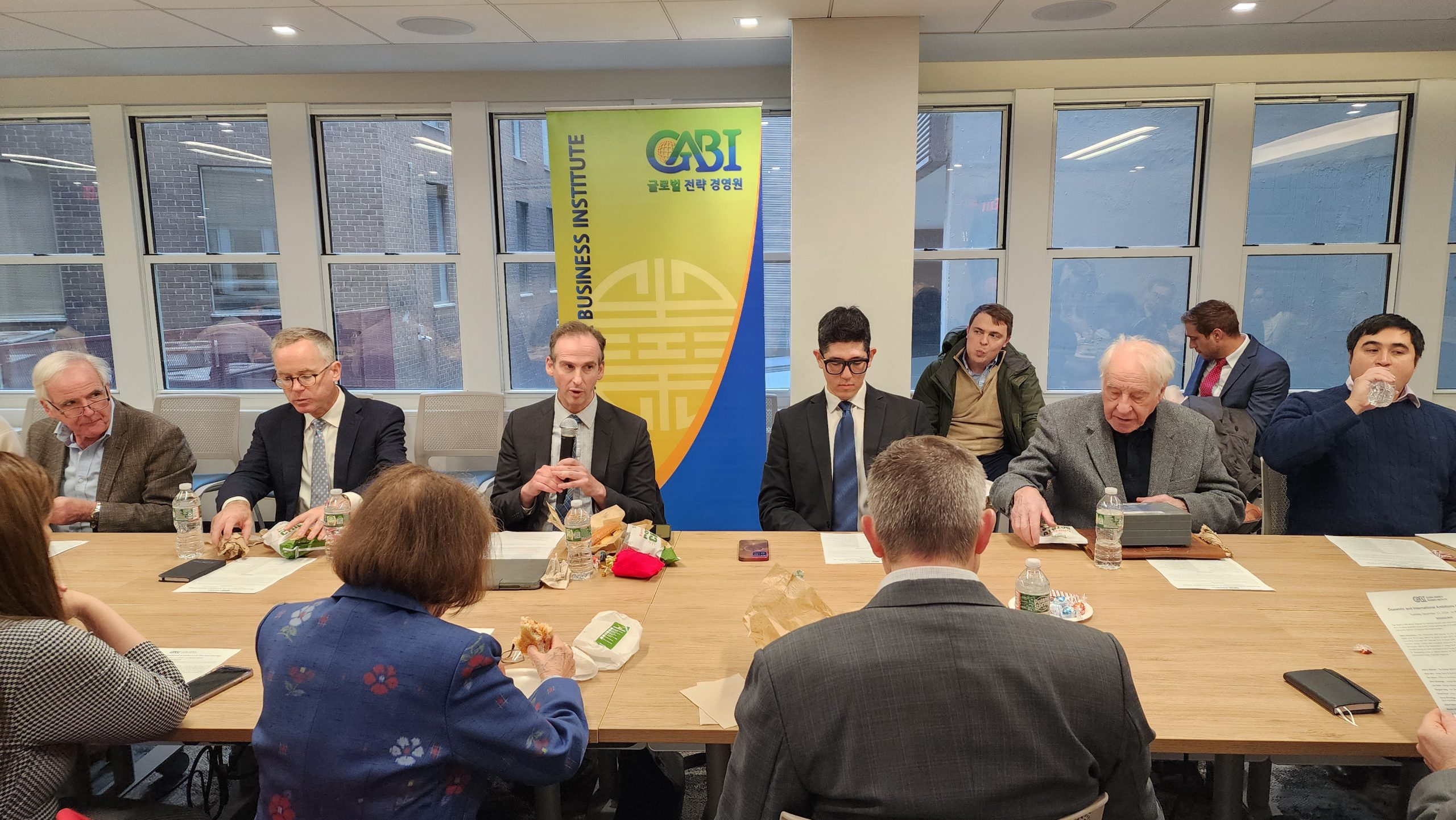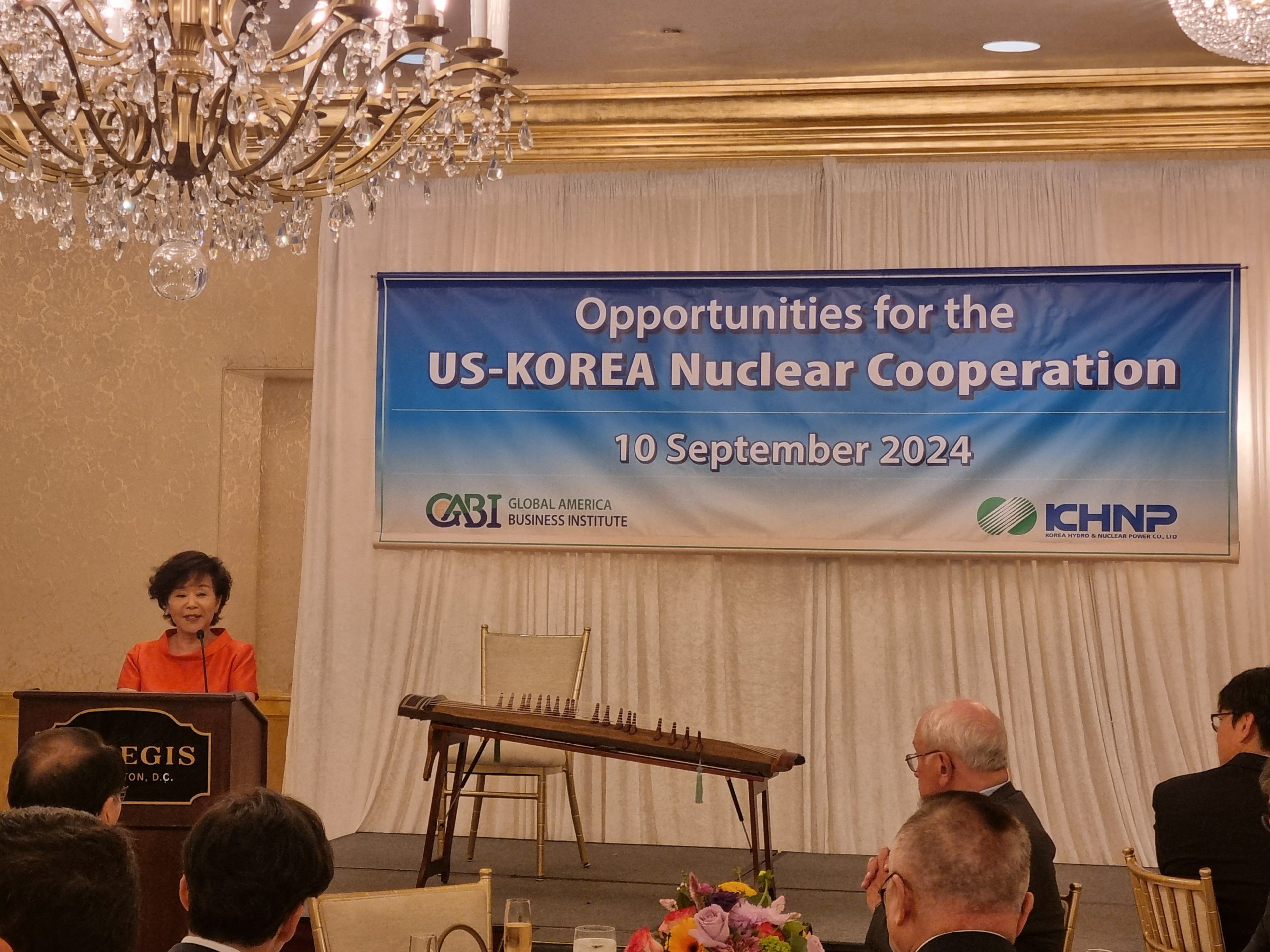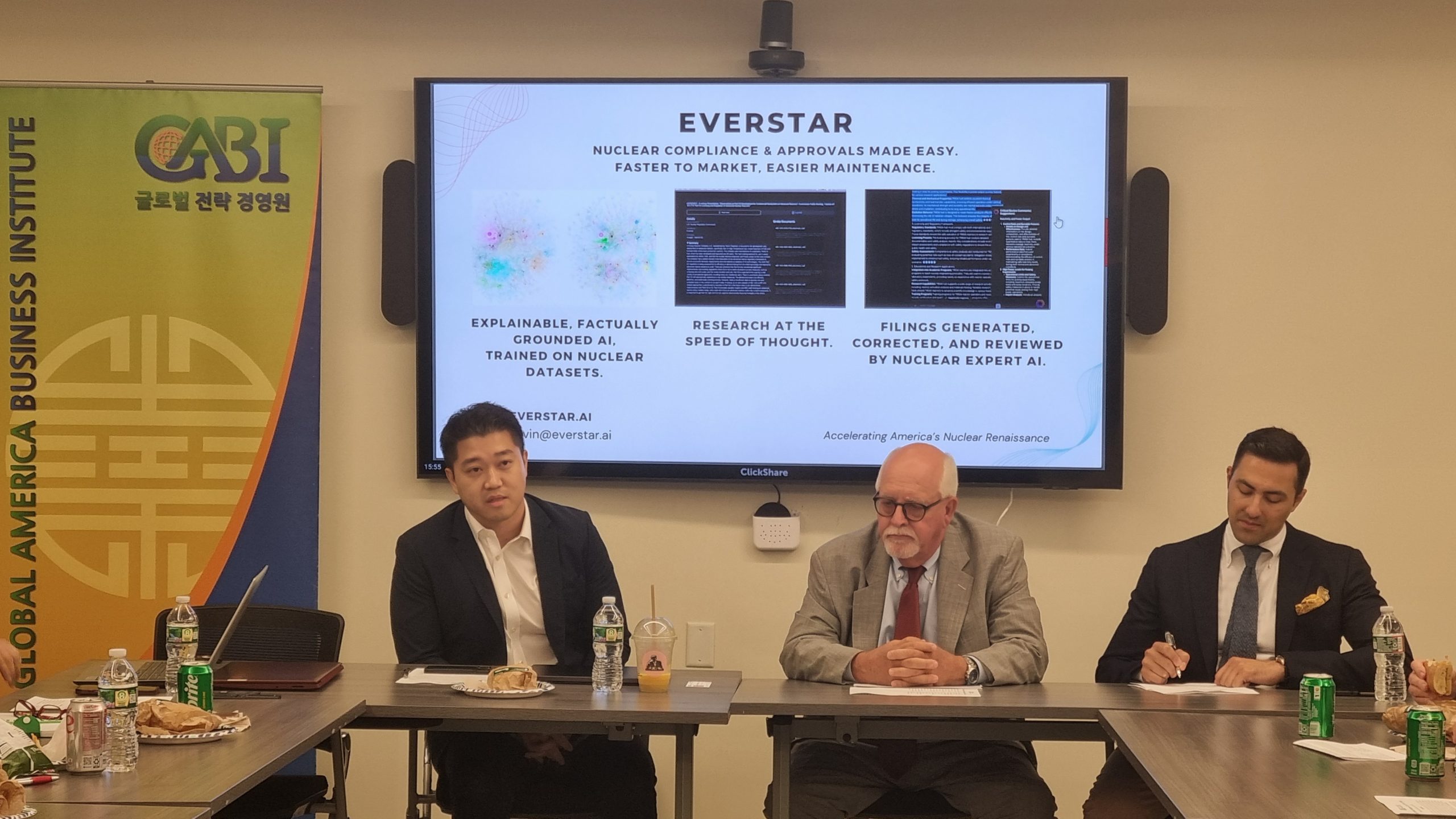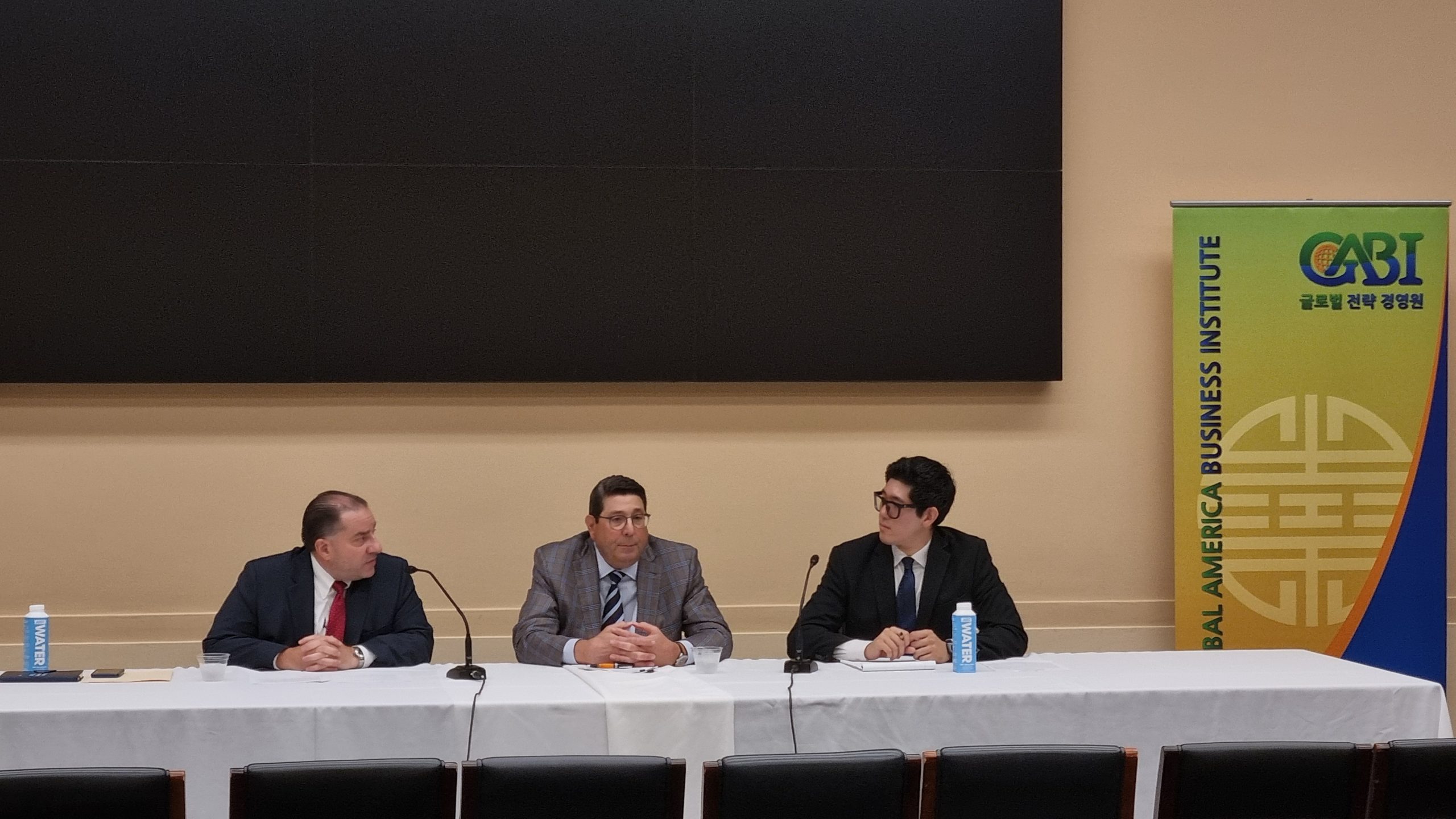Initiating a new build nuclear power program requires entrant states to consider a broad array of considerations, including financing arrangements, organizational and contractual structures, and stakeholder relationships. Entrant states must also pay attention to regulatory and legal frameworks, international agreements, insurance and nuclear liability, export controls, workforce development, and more. Among these, financing and minimizing overall project risks are arguably the key issues; the two major categories of nuclear financing risks are planning and construction delays, which increase project capital cost, and operational risks, which impact the ultimate financial viability of a nuclear power plant project. Although economic factors weigh heavily, the catalysts for successful nuclear power projects have generally involved high-level political engagement. In recent times, the prevalence of state-owned enterprises, actively supported by their national governments, in the nuclear arena has placed U.S. nuclear vendors at a distinct competitive disadvantage, amplifying the negative impacts resulting from the shutdown of the U.S. Ex-Im Bank. Given this situation, it is clear that U.S. vendors must take novel approaches in order to address the concerns of potential buyers and reinvigorate their export competitiveness.
Considerations in the Development of New Build Civil Nuclear Power Programs
September 21, 2015
By admin|2018-01-30T20:31:01-05:00September 21st, 2015|Categories: Nuclear Energy, Nuclear Energy Workshops|0 Comments







